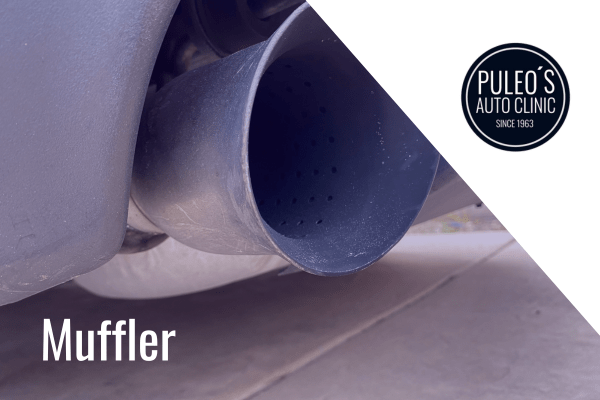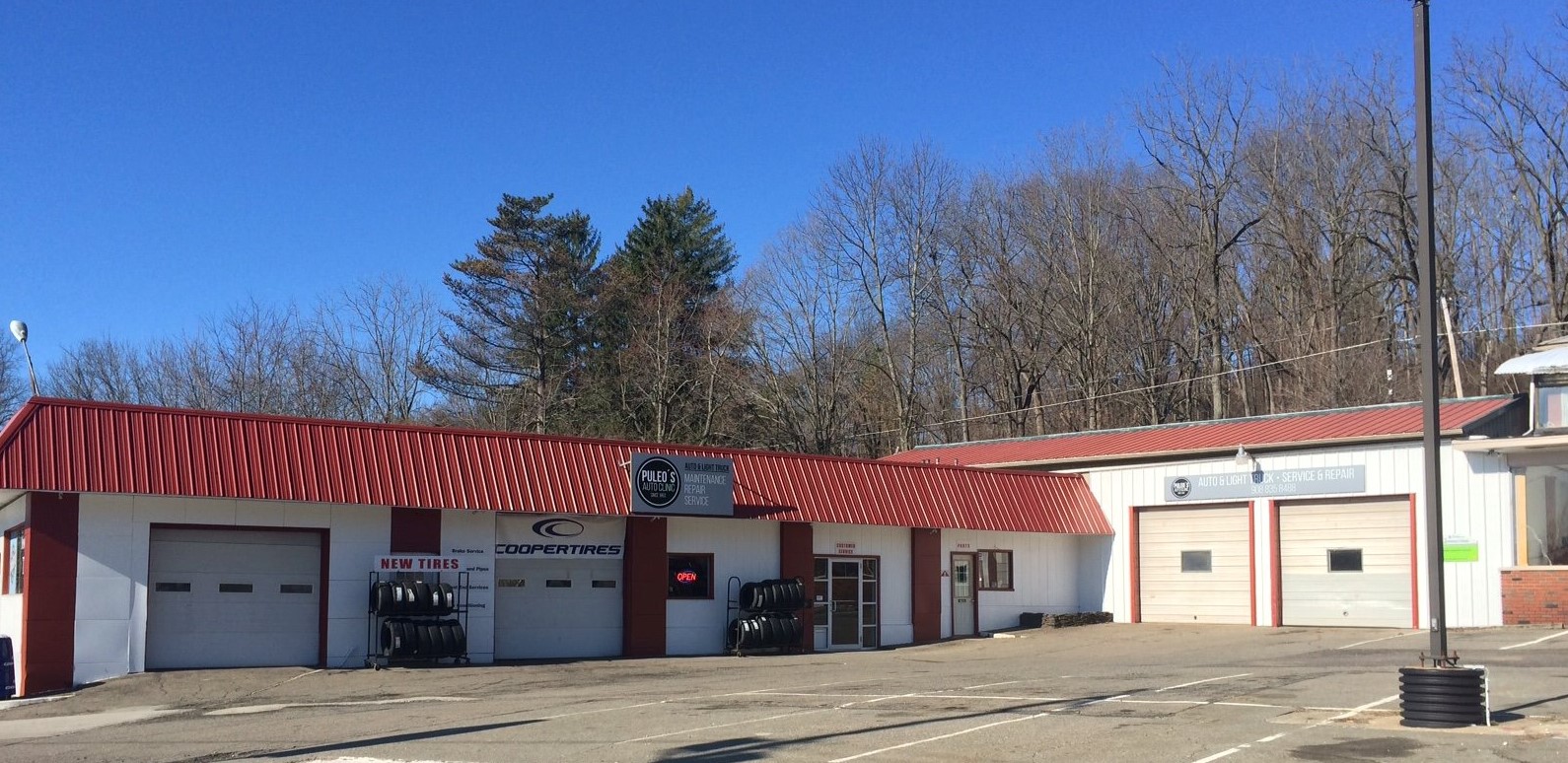What causes a muffler to go bad?
A muffler is an essential part of an auto exhaust system that has the main function of minimizing noise and guiding gases around the engine safely. However, there are several factors that contribute to a muffler going bad, resulting in productivity problems and excessive noise.
What Causes a Muffler to Go Bad?
- Rust and Corrosion: These are metallic and are therefore liable to rust, particularly in areas where there is humidity or whenever they are used in areas where they use road salt. This can lead to holes in the exhaust manifold and an exhaust leak, both of which significantly reduce efficiency.
- Excessive Heat: Overheating is also experienced when the clogs resulting from debris or carbon deposits form a blockage. Excessive heat causes deterioration of the inside of a muffler, and as a result, it becomes warped or cracked and requires replacement.
- Poor Installation: When a muffler is placed incorrectly or even crookedly, it can lead to faster wear and tear. Defective or inferior substitute parts may also cause early problems in a muffler.
- Driving Habits: Harsh acceleration or repeated brief runs can result in prolonged utilization of the exhaust system part, thus generally causing deterioration of the muffler.
Noisy Muffler as a Sign of Exhaust System Problems
- Damage Indication: A noisy muffler typically signals other issues with the exhaust systems. If the muffler is functioning properly, it should minimize engine noise. So, louder or stranger-than-usual sounds may indicate leaks or damage.
- Corrosion effects: Rust or corroded parts inside the muffler will definitely destroy its integrity and increase noise levels. Such deterioration may affect not only the muffler but also other components of the exhaust system, too.
- Heat Dissipation Issues: Failure to dissipate heat downstream in the exhaust systems after the muffler has properly functioned can damage other parts, thereby posing larger problems.
A noisy muffler, if neglected, may lead to expensive repair and it is what causes a muffler to go bad. Thus, regular inspection and giving timely attention to a change in noise would do no harm in keeping the health of the exhaust system intact.
Want to know more about what causes a muffler to go bad? Contact our ASE Certified Technicians at Puleo’s Auto Clinic for more information about exhaust systems and to schedule an appointment. Our auto shop serves vehicle owners in Washington, NJ, and the surrounding areas.
Wondering what causes a muffler to go bad? There are several signs indicating that you should schedule an inspection of your exhaust systems.
A muffler is an essential part of an auto exhaust system that has the main function of minimizing noise and guiding gases around the engine safely. However, there are several factors that contribute to a muffler going bad, resulting in productivity problems and excessive noise.
What Causes a Muffler to Go Bad?
- Rust and Corrosion: These are metallic and are therefore liable to rust, particularly in areas where there is humidity or whenever they are used in areas where they use road salt. This can lead to holes in the exhaust manifold and an exhaust leak, both of which significantly reduce efficiency.
- Excessive Heat: Overheating is also experienced when the clogs resulting from debris or carbon deposits form a blockage. Excessive heat causes deterioration of the inside of a muffler, and as a result, it becomes warped or cracked and requires replacement.
- Poor Installation: When a muffler is placed incorrectly or even crookedly, it can lead to faster wear and tear. Defective or inferior substitute parts may also cause early problems in a muffler.
- Driving Habits: Harsh acceleration or repeated brief runs can result in prolonged utilization of the exhaust system part, thus generally causing deterioration of the muffler.
Noisy Muffler as a Sign of Exhaust System Problems
- Damage Indication: A noisy muffler typically signals other issues with the exhaust systems. If the muffler is functioning properly, it should minimize engine noise. So, louder or stranger-than-usual sounds may indicate leaks or damage.
- Corrosion effects: Rust or corroded parts inside the muffler will definitely destroy its integrity and increase noise levels. Such deterioration may affect not only the muffler but also other components of the exhaust system, too.
- Heat Dissipation Issues: Failure to dissipate heat downstream in the exhaust systems after the muffler has properly functioned can damage other parts, thereby posing larger problems.
A noisy muffler, if neglected, may lead to expensive repair and it is what causes a muffler to go bad. Thus, regular inspection and giving timely attention to a change in noise would do no harm in keeping the health of the exhaust system intact.
Want to know more about what causes a muffler to go bad? Contact our ASE Certified Technicians at Puleo’s Auto Clinic for more information about exhaust systems and to schedule an appointment. Our auto shop serves vehicle owners in Washington, NJ, and the surrounding areas.



